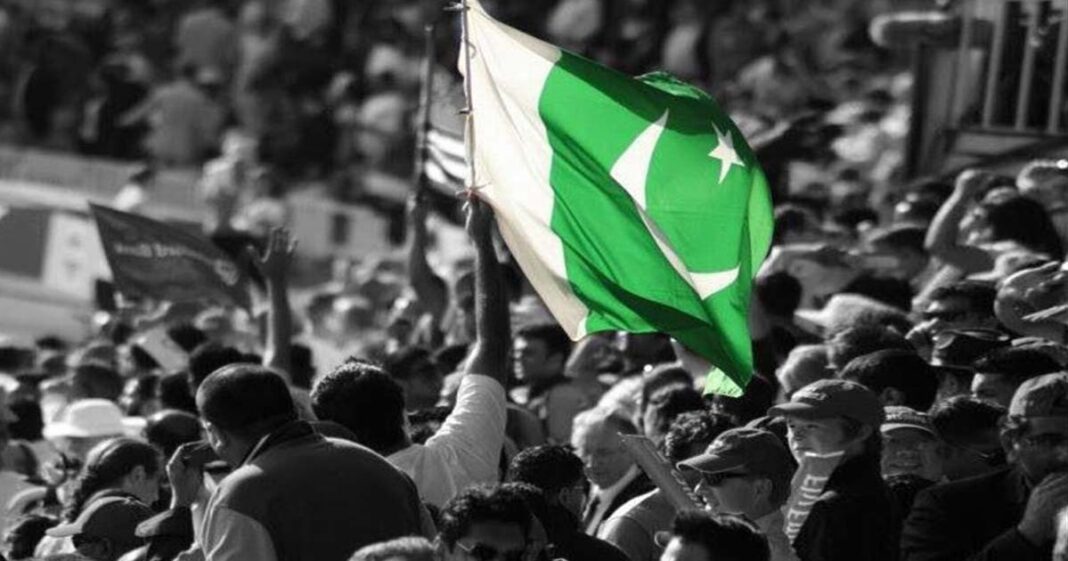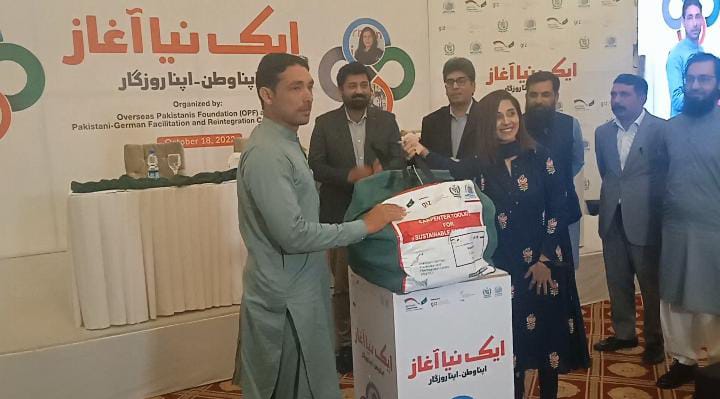By: Hamna Masood
Right from its inception, Pakistan has been struggling to achieve a completely democratic system. The process of its democratization has been slow and passive. It shows high sensitivity towards non-democratic interference. This is somehow a proven fact that democracy has failed in Pakistan, and no one can deny it. Among the 18th Prime Ministers that were elected by the Parliament, not even a single completed his time. On the contrary, each military general ruled this country for more than 8 years. And having this sort of history many of us including me still trying to figure out the sort of political mentality we have as a nation.
Historically, it’s observed that democracy in Pakistan has not begun its base deep enough to make the country “a strong democratic nation.’’ Pakistan was established in the name of Islam, which is democratic both in practice and spirit. But unfortunately, it’s a sad reality that the plant planted by our beloved Quaid-e-Azam and watered by the blood of a lot of Muslims has not flourished within the country. During this universe, nothing happens without a reason. Contributing to the rule of “Cause and Effect’’ the issues don’t seem to be solved on a sustainable basis. Therefore, let’s speak about the causes of such weak, vulnerable status of democracy in Pakistan and look at achieving effective solutions.
Firstly, Feudalism in Pakistan is the major basis of failed democracy. Almost 70 percent of people primarily live under a structure in our state and usually, politicians belong to feudal families. We see that most of the political leaders act as feudal lords and that they consider and treat people as their slaves and servants. Under the influence of those so-called leaders, people cannot vote for the right leader, so they have to vote in line with the commands of their lords. These varieties of leaders consider the state as their own property and that they act like they’re above the law. Feudalism also leads to another problem that’s inherited politics. These feudal lords, when seeing that things are becoming worse and out of their control, they manipulate the election process.
Secondly, without democracy, it’s impractical to conduct elections in a free atmosphere because only the elections are the source of peaceful government change. So, as a result, we see people in the power corridors that are not meant to be there. This is often the prime reason for the failure of democracy in our country.
Thirdly, there’s another main reason for the failure of democracy and that is the low literacy rate in the country. According to the census of 2022, the literacy rate of Pakistan is 62.3 which means that an estimated population of 60 million is illiterate within the country. The figure is quoted from the official data but i still doubt the given percentage, that in my view point is below this level. As per UN report, Pakistan has the world’s second-highest number of out-of-school children, counting 22.8 million children between the ages of 5 and 16, representing 44 percent of kids not attending school.
Fourthly, the incompetency of bureaucracy created space for the military that is way more organized than the bureaucracy. The failure of the administration led the military to get the military into the political landscape.
Finally, Pakistan has been lacking strong and proficient political parties which are the essential component of Democracy. Democracy cannot survive without strong, energetic, attentive, and competent political parties.
To conclude I can say that Pakistan has passed through an awful history of democracy. Thus, these problems of democracy are solvable with independent parliament, fair and regular elections, the perfection of the constitution, sovereign Judiciary, civilian power over the military, a political life free from armed intervention, the security of minority rights, fulfillment of basic human needs and assurance of liberty of expression and alliance. In addition, Youth being the most vital part of any society should take interest in constructive politics. They should register their votes and must exercise their voting rights.
The writer is a student of International Relations at Fatima Jinnah Women University, Rawalpindi.



